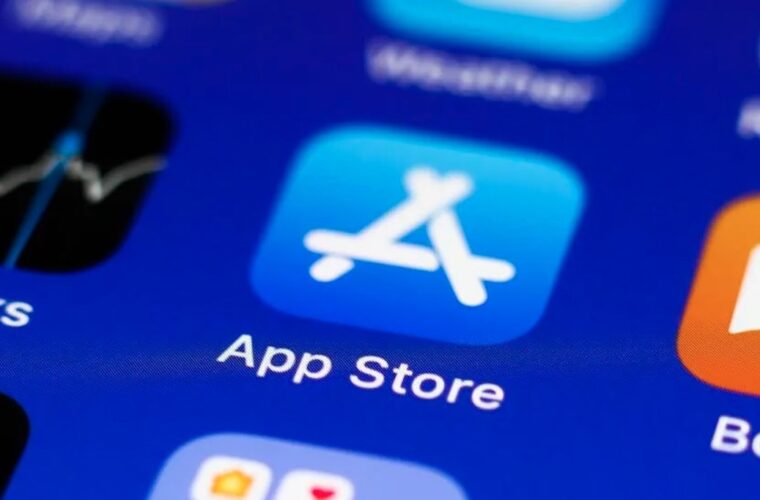The latest news from Apple marks a significant change in the alternative app store landscape for devices. The most surprising move is the compliance of iOS 17.4 with the DMA in Europe, a step that will allow developers to offer their apps outside of the company’s official App Store. But is this really the case?
Although Apple seems to be complying with these new regulations, the company is complying with them with some reservations. The security warnings and strict requirements imposed on developers wishing to sell outside the official App Store have raised controversy and criticism. The main change introduced in iOS 17.4 is a new set of options for distributing iOS apps via alternative app stores, finally opening the possibility of using third-party marketplaces on iPhones.
However, it should be noted that Apple has chosen the path of third-party app stores rather than sideloading. This means that users will not be able to install apps downloaded from the Internet (as is the case with Macs, for instance) but only via alternative App Stores, and to create one, developers will have to face strict requirements and essential restrictions such as having to prove that they have a million euro budget to (block) solely for this project, making the practice accessible only to large companies.
Law made, deception found
In addition, Apple imposes an annual fee of 0,50 euros for each new app installation, a move that could hit free app developers who exceed one million annual downloads hard. This raises concerns about the possible financial consequences for small companies and could lead to further criticism and controversy. While Apple seems to have temporarily bought time with these changes, the rigidity of the new rules and the controversy surrounding the control over app reviews and fees could lead to the company ending up in court again.

It remains to be seen how these new dynamics will evolve and whether they will significantly change the app store industry for Apple devices. Apple is facing a wave of criticism for its new rules, and many developers are frustrated by the fees they will have to pay if they decide to take their app out of the App Store or add an alternative payment option. The EU Commission says it will respond to Apple’s changes when the regulations officially come into force in March.
Unintelligible choices
Apple will continue to collect the 17 percent commission from developers who choose to use third-party payment processes. This will make the developer’s choice between the status quo and this new programme as difficult as possible. Apple’s plan actually looks like a way to force developers to stay with the current situation, with the new rules offering no real alternative, negating the goal of the DMA.
On the other hand, there are some very unsympathetic choices made by Apple. Among these are those concerning Safari’s competing browser programmes. According to the company, software houses will have to maintain two separate versions of their browsers, one for the European market and one for all others where the DMA is not in force. This will further exacerbate the burden of development costs for companies, without them being able to get it right from the colossus, having instead to submit to a tax that, in addition to being questionable, in their case, also becomes double.



